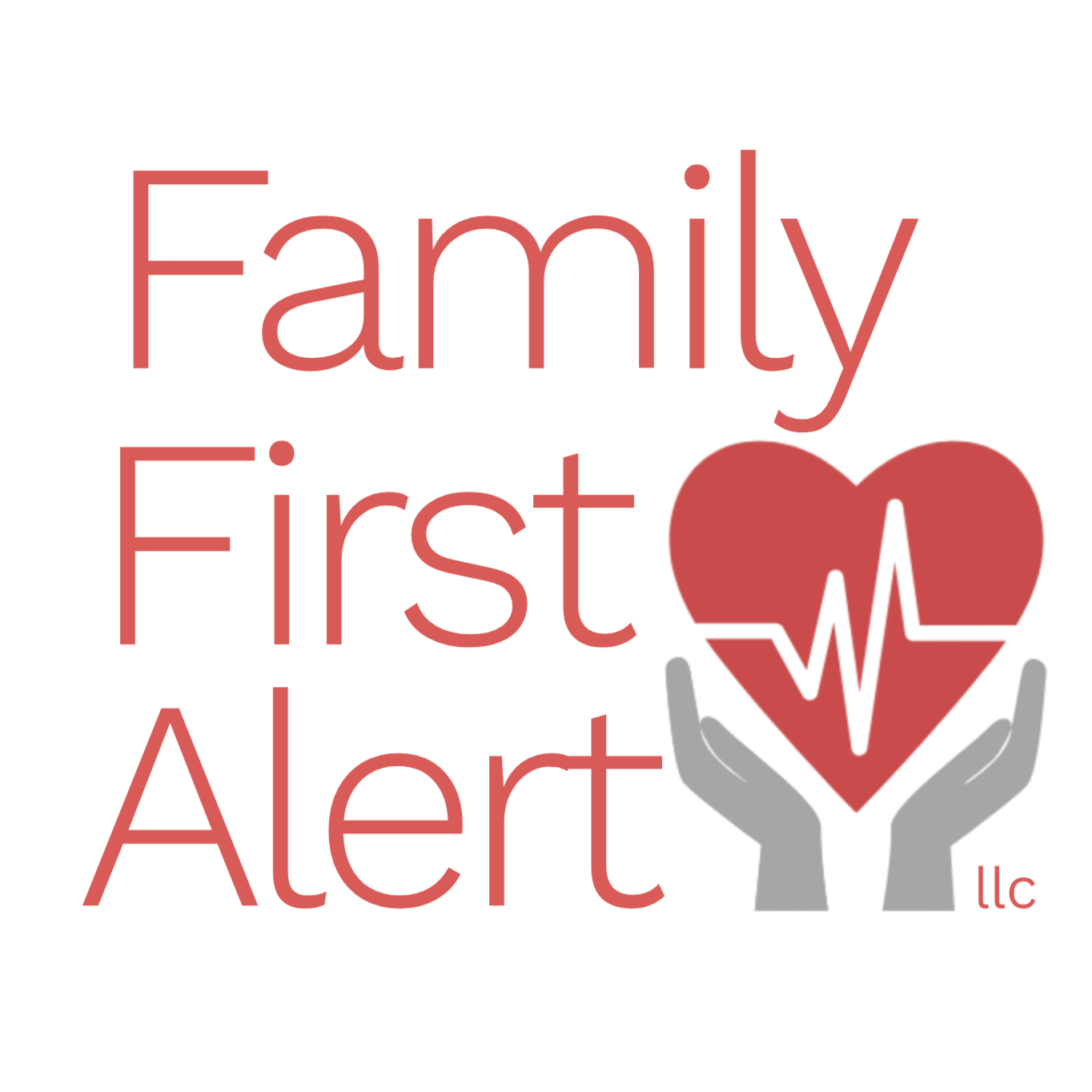Empowering Elderly Through Care Solutions
- Family First Alert LLC

- Jul 22, 2025
- 4 min read
Updated: Sep 25, 2025
As our population ages, the demand for innovative and compassionate care solutions for seniors continues to rise. Ensuring that elderly individuals live comfortably, safely, and with dignity has never been more critical. With a variety of senior care options available, families can find the right support for their loved ones. In this blog post, we will explore these options in detail, providing you with a practical guide to empowering the elderly through care solutions designed specifically for them.
Understanding Senior Care Options
When discussing senior care options, it is essential to recognize that one size does not fit all. The needs of elderly individuals vary widely based on their health, living conditions, and personal preferences. Some common types of care options include:
In-home care: This service provides assistance with daily activities, allowing seniors to remain in their own homes. Caregivers can help with bathing, grooming, meal preparation, and medication management.
Assisted living facilities: These are designed for seniors who need assistance with daily living but do not require constant medical care. Residents can maintain some independence and often participate in social activities.
Nursing homes: For those requiring continuous medical supervision and care, nursing homes offer around-the-clock support from trained healthcare professionals.
Memory care facilities: Specializing in the care of individuals with memory-related conditions such as Alzheimer’s disease, these facilities provide a safe and supportive environment tailored to their needs.
The right choice often depends on the elderly person's health conditions and level of independence. Families should discuss options openly and honestly to find the best fit.
Support Services for the Elderly
A range of support services is available to assist the elderly in day-to-day life. These services are designed to enhance quality of life and ease the challenges that come with aging. Examples of support services include:
Transportation services: Many seniors may struggle with mobility or have no access to reliable transportation. Ride services specifically aimed at seniors allow them to maintain independence while attending appointments, social events, or running errands.
Meal delivery programs: Nutrition plays a critical role in health, especially for seniors. Meal delivery services can provide healthy and balanced meals tailored to dietary restrictions.
Housekeeping and maintenance services: Keeping a home clean and functional can become overwhelming for the elderly. Professional cleaning and maintenance services can relieve some of this burden.
These services not only assist with practical needs but can also address social isolation, which is a significant issue among seniors.
What is the Most Requested Support Service for the Elderly?
Among the many services available, in-home care is often the most requested support service. According to a 2022 survey by the National Association for Home Care & Hospice, nearly 90% of seniors prefer to age in place within the comfort of their own homes. This preference highlights the importance of in-home care solutions that allow elderly people to maintain their independence while receiving the help they need.
In-home care can include a wide range of services, from personal care to companionship. Many families choose this option due to its flexibility and the comfort it provides. Furthermore, studies have shown that seniors who remain at home tend to experience higher satisfaction levels and better overall health outcomes.
The Role of Technology in Elderly Care
Technology is playing an increasingly important role in enhancing elderly care. Advances in this field have improved accessibility and safety for older adults in several ways:
Telehealth services: Virtual doctor visits have become more common, allowing seniors to receive medical consultations without leaving their homes. This is particularly beneficial for those with mobility issues.
Wearable health devices: Devices that monitor heart rate, blood pressure, and other health metrics can alert caregivers to potential issues before they become serious.
Emergency response systems: Modern emergency alert systems provide peace of mind for both seniors and their families. With a simple press of a button, elderly individuals can access help in emergencies.
These technologies serve to empower seniors, allowing them to live more safely and independently.
Community Support and Resources
Local and national organizations often provide valuable resources to support elderly individuals and their families. These resources can include:
Senior centers: These facilities offer social activities, exercise programs, and educational workshops for seniors, promoting social engagement and community involvement.
Support groups: Caregiver support groups can offer assistance and respite for those caring for elderly loved ones. Sharing experiences with others in similar situations can alleviate stress and provide useful information.
Government programs: Many countries have programs designed to assist the elderly with healthcare, housing, and social services. Understanding these options can help families navigate the often-complex landscape of elderly care.
These resources can make a significant difference in the lives of seniors. Families should take the time to learn about local programs and organizations that can provide additional support.
Improving the quality of life for elderly individuals through effective care solutions is a shared responsibility. By actively seeking support services, utilizing technology, and exploring community resources, families can ensure that their loved ones age with dignity, respect, and happiness.
Consider the many available options and remember that every individual is unique. Their needs will differ, and understanding those needs is the first step towards providing the right support. For more information on essential care solutions, check out this elderly care solutions resource, which can guide you to the best options for your loved ones.
Empowering the elderly through thoughtful care solutions is not just about meeting their physical needs; it is about nurturing their emotional, social, and spiritual well-being as well.




Comments